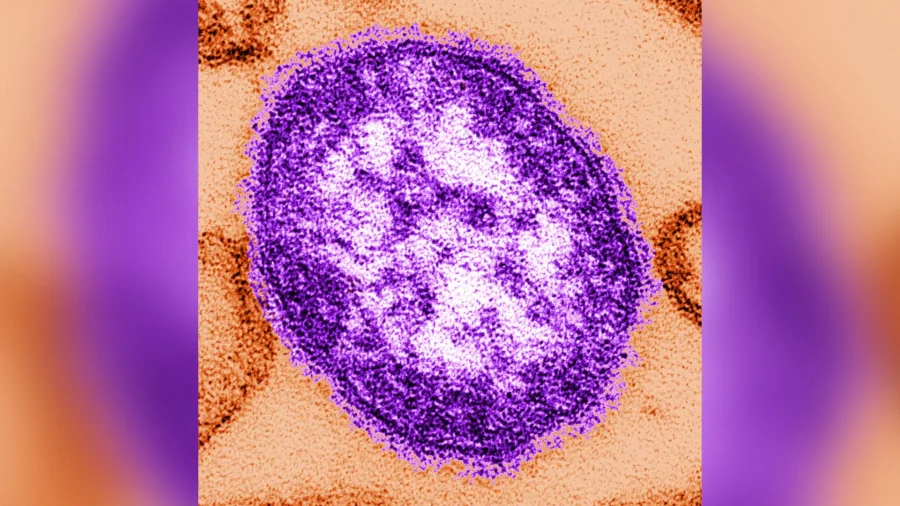A South Carolina resident who recently was aboard an international flight has tested positive for measles, according to the state’s Department of Public Health (DPH).
Health officials said in a press release Thursday that the resident, who is from upstate South Carolina, was among several other South Carolina residents recently on a flight with another person who reportedly had measles.
No other South Carolina residents on the flight have been identified as having caught the virus. The resident who contracted measles has not been publicly identified.
The DPH was first notified by the Centers for Disease and Control that South Carolina residents had been exposed on a flight on Sept. 12.
Measles Risks
Typically spread in the air through coughs and sneezes, a measles infection can lead to severe disease and, in the worst case, death. Usually, patients may initially experience a fever, runny nose, or cough but later develop a rash that can last five or six days.
While most people survive, health officials say around 20 percent of patients usually require hospitalization.
For children, vaccination with the Measles, Mumps, and Rubella (MMR) vaccine is recommended once at ages 12 to 15 months and once at 4 to 6 years of age.
Dr. Linda Bell, the state’s epidemiologist, said that measles is highly contagious and is caused by “a virus that affects the respiratory tract” and advised the public to get measle vaccines.
“It is proven that the best way to prevent measles is by vaccination. I strongly encourage that everyone makes sure that they stay up to date with all recommended vaccinations,” she said.
Not Common in United States
The disease is uncommon in the United States, but cases are common in countries with lower vaccination rates. U.S. officials say people traveling outside the country should consult a healthcare provider about their immunization options before leaving.
They recommended that children aged 6 to 12 months receive an early MMR vaccine if they travel to areas where measles is common, such as parts of Africa, Asia, and the Middle East.
According to the DPH, infected individuals are likely to spread the disease to nine of 10 people they’ve made close contact with, for people who have never had the disease or been vaccinated. The virus remains alive in the air and on surfaces for up to two hours.

